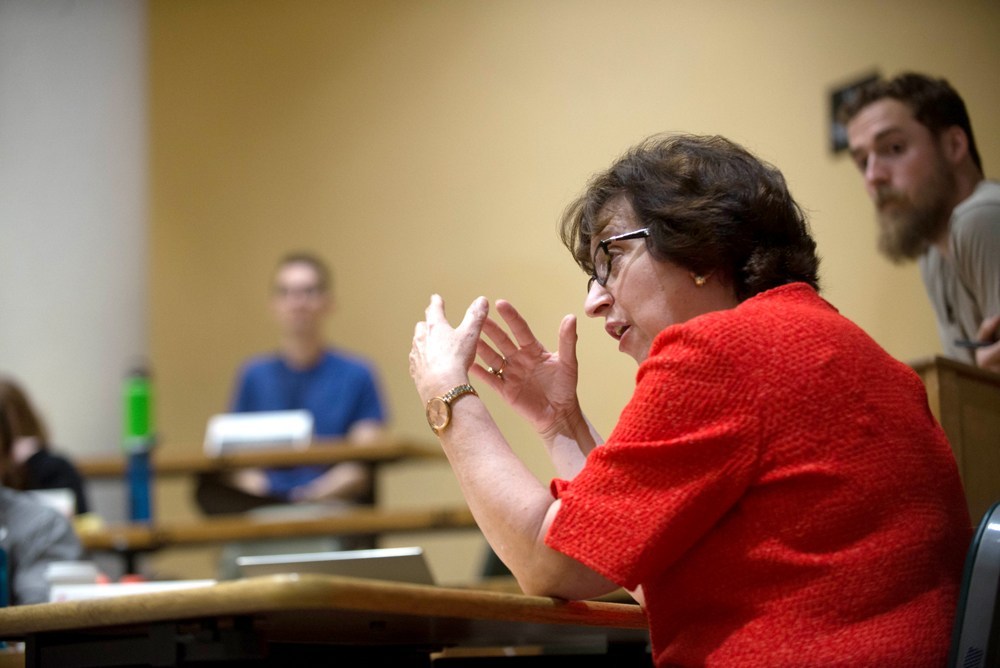Guest Blogs
TEA TIME WITH JULIAN | A Meditation On Martha
|
Over the course of the past couple weeks, the BDS (Boycott, Divest, and Sanction) movement has been a particularly hot topic on campus. From initial communications between SJP (Students for Justice in Palestine) and Martha Pollack to an uneasy session of the Student Assembly, the issue has taken center stage for many campus organizers and members of student government. The Cornell BDS movement primarily calls for Cornell University to divest from Israel, which would require a complete cessation of funding to the state. In a letter released on February 28, Martha Pollack responded to the request for divestment with a firm ‘No’. To be clear, this article is not meant to take a stance on the BDS movement or Pollack’s refusal to divest from the State of Israel.


